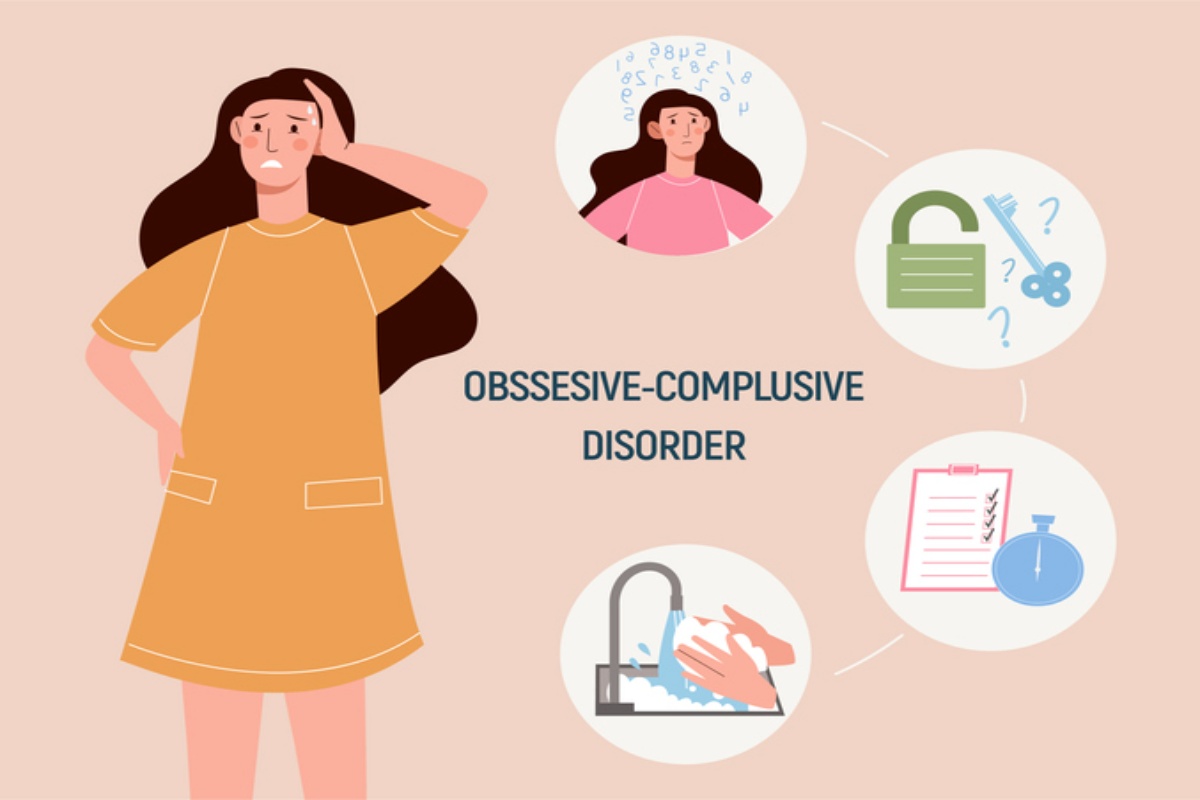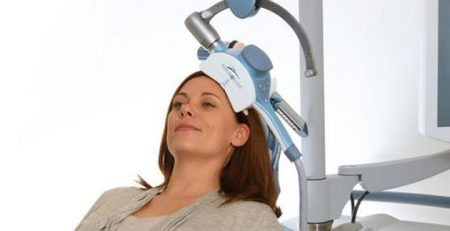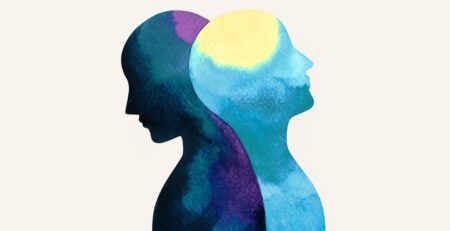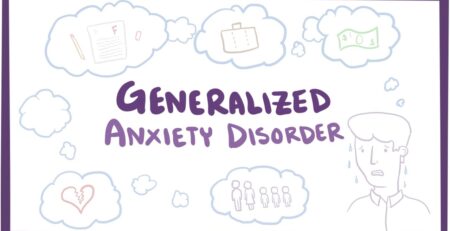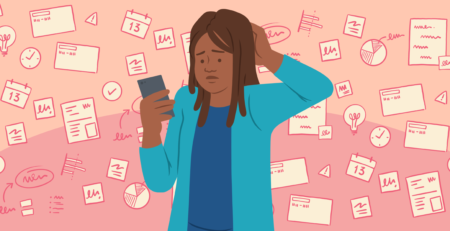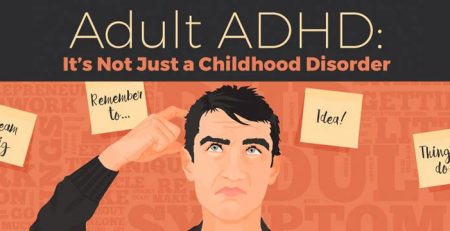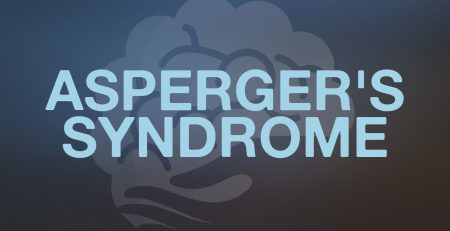Obsessive Compulsive Disorder – What You Need to Know!
Obsessive-compulsive disorder (OCD) is a mental illness. Anyone suffering from OCD has;
- Obsessions – unwanted thoughts regarding disease and dirt, the occurrence of terrible things, violence, sex, or religious themes
- Compulsion – the overwhelming urge to perform different activities like checking, praying, counting, and cleaning
Mental illness can affect anyone of different age groups and commonly starts in childhood.
The cause of OCD is yet to be known. However, according to some evidence, the illness usually runs in families.
Effects of OCD
The illness can instantly become all-consuming as well as physically disabling. The sufferers usually have a poor quality of life as the condition rules the day. Also, the signs of OCD are pretty troubling for family and friends.
As the sufferer tries to stop the little obsessions, the efforts only increase the anxiety and distress of the person.
Medication Treatment for OCD
The most commonly used medication is the selective serotonin reuptake inhibitor – SSRI. One example of this is Fluoxetine (brand name Prozac). This medication helps reduce compulsions, intrusive thoughts, and related depression.
If the sufferer doesn’t respond to an SSRI, the physician may revert to clomipramine. Often, clomipramine and SSRI are combined in treatment. Moreover, atypical antipsychotics have also proven effective but in low doses. Generally, medication helps the patient to get into a proper mindset to help in conjunction with ERP (Exposure Response Prevention) therapy.
Need to See a Psychiatrist
OCD is a severe mental condition that needs treatment from a reputed psychiatrist. OCD can be treated through different therapies while taking the prescribed medication.

